
Introduction to Vietnam Visa

The Vietnam visa is a crucial document for Indian travelers looking to explore the captivating landscapes, rich cultural heritage, and vibrant cities of Vietnam. As an Indian citizen, understanding the various visa options, their associated costs, and the application process is essential for a seamless and hassle-free travel experience.
Vietnam has long been a popular destination for Indian tourists, drawn by its stunning natural beauty, delectable cuisine, and welcoming people. Whether you’re planning a leisurely vacation, a business trip, or a transit stop, obtaining the correct visa is a fundamental requirement to enter the country.
In this comprehensive article, we will delve into the intricacies of the Vietnam visa price for Indian travelers, exploring the different visa types, the factors that influence the costs, and the step-by-step application process. By the end of this guide, you’ll be equipped with the knowledge to navigate the visa requirements and make informed decisions, ensuring a smooth and enjoyable journey to Vietnam.
Importance of Obtaining a Visa for Vietnam
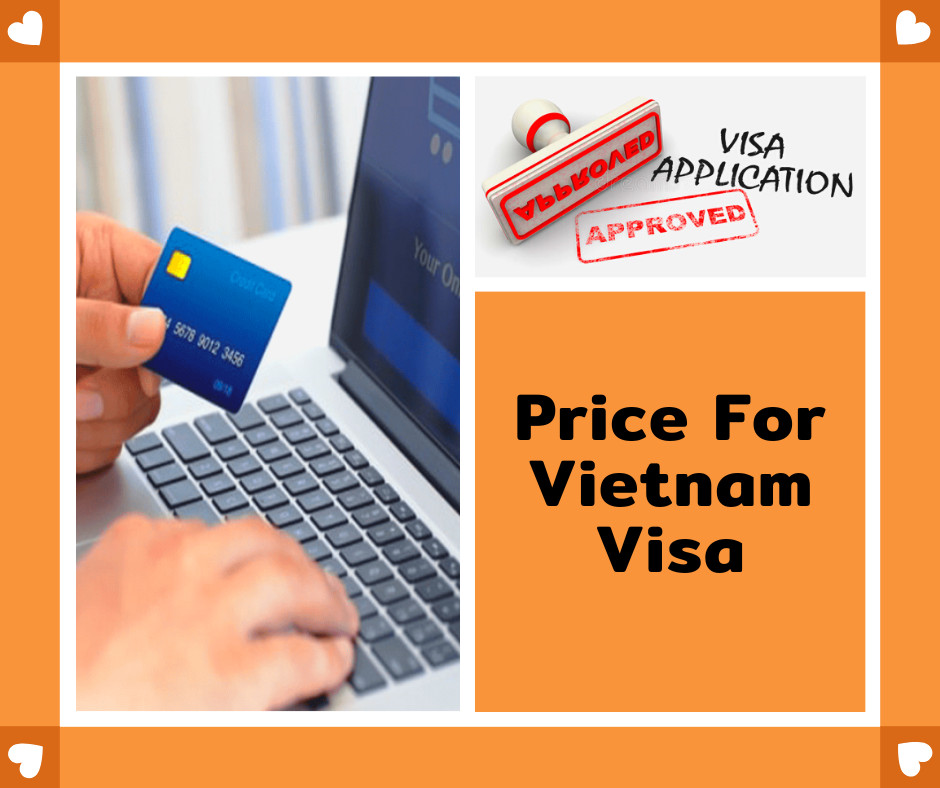
As an Indian citizen, a valid visa is a non-negotiable requirement for entry into Vietnam. Without the appropriate visa, you will not be able to cross the border and explore the wonders that this Southeast Asian nation has to offer. Failing to obtain a valid visa can result in denied entry, penalties, and even legal consequences.
The Vietnamese government takes visa regulations seriously, and they enforce them strictly at all points of entry, including airports, land borders, and seaports. Attempting to enter Vietnam without a valid visa can lead to significant inconveniences, such as being turned away, detained, or even deported, which can mar your travel experience and potentially incur additional costs.
Moreover, the Vietnam visa serves as an essential document that grants you legal permission to stay in the country for a specific duration and purpose. It ensures that your visit aligns with the Vietnamese government’s policies and regulations, maintaining the integrity of the country’s immigration system.
Overview of Vietnamese Visa Types
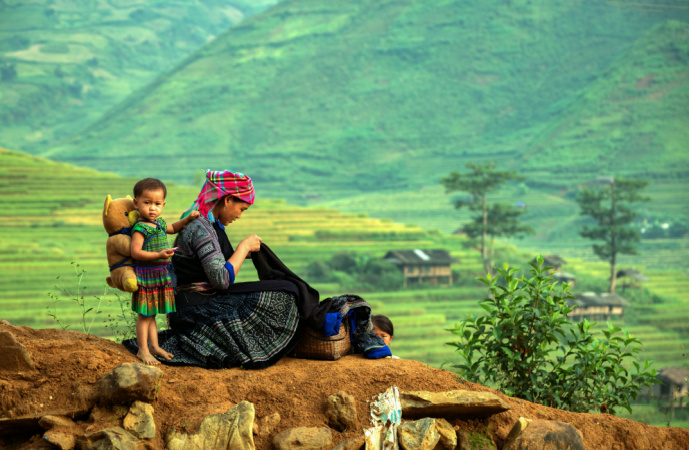
The Vietnamese government offers a variety of visa options to suit the diverse needs of international travelers, including Indian citizens. Understanding the different visa types and their respective requirements is crucial for selecting the most suitable one for your travel plans.
Tourist Visa
The tourist visa is the most common visa type for Indian travelers visiting Vietnam. This visa allows you to enter the country for a specific period, typically ranging from 30 to 90 days, for the purpose of tourism, leisure, and recreation.
Business Visa
If you’re traveling to Vietnam for business purposes, such as attending meetings, negotiations, or signing contracts, you’ll need to apply for a business visa. This visa type grants you the authorization to engage in commercial activities during your stay in the country.
Transit Visa
The transit visa is designed for individuals who are passing through Vietnam on their way to another destination. This visa is suitable if you have a layover or a short stopover in Vietnam, and it allows you to remain in the country for a limited duration, usually up to 72 hours.
E-Visa and Visa on Arrival
In addition to the traditional visa application process, Vietnam offers two convenient options for Indian travelers: the e-visa and the visa on arrival. The e-visa allows you to apply and obtain your visa online, while the visa on arrival is available at select international airports in Vietnam.
It’s important to note that the specific requirements, processing times, and fees associated with each visa type may vary, and it’s essential to research and confirm the details before submitting your application.
Types of Visas Available for Indians
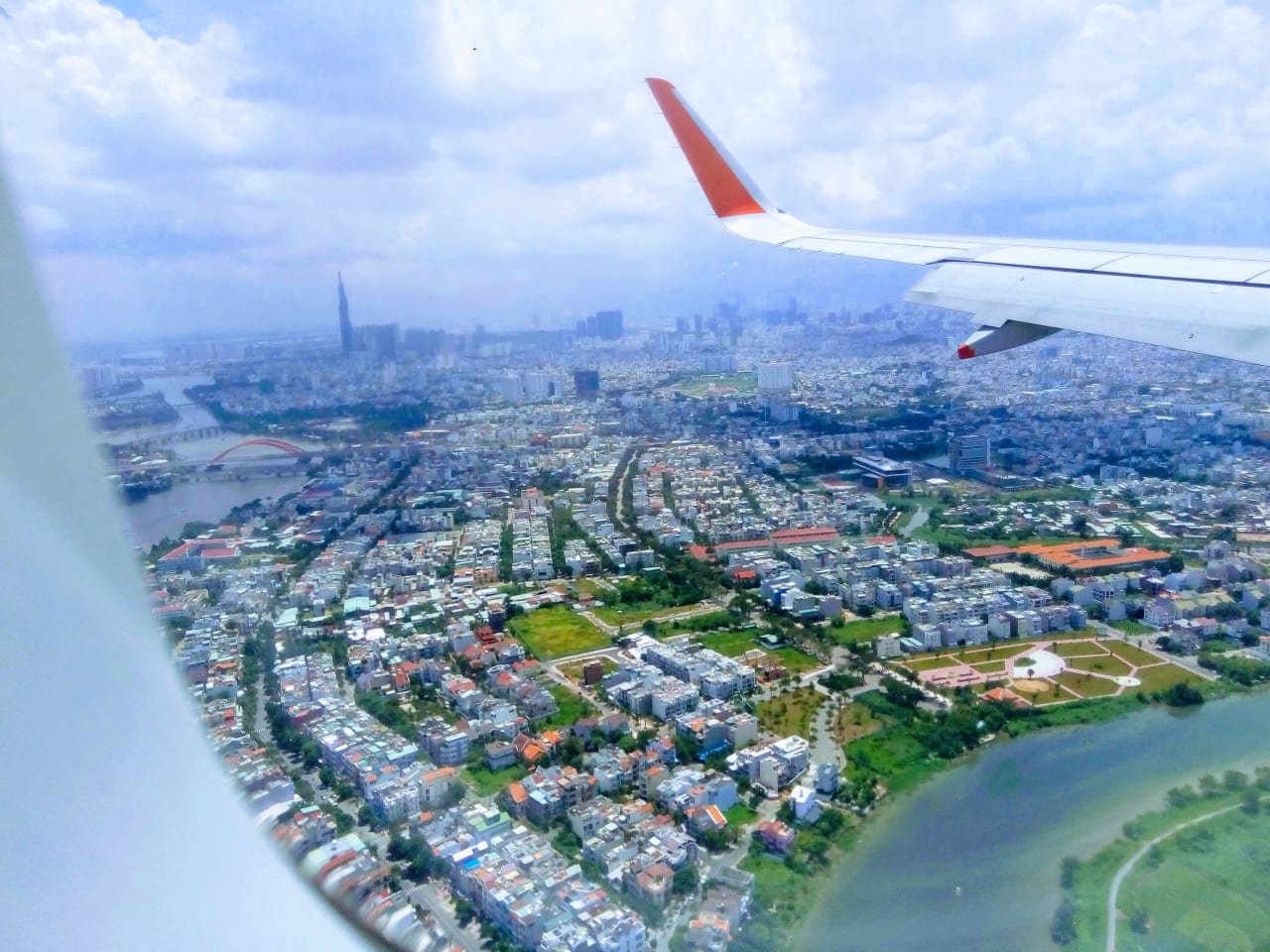
As an Indian citizen, you have several visa options to choose from when planning your trip to Vietnam. Each visa type caters to a specific purpose of travel and comes with its own set of requirements, processing times, and associated costs. Let’s explore the various visa options available for Indian travelers.
Tourist Visa
The tourist visa is the most common and widely used visa type for Indian citizens visiting Vietnam. This visa allows you to enter the country for the purpose of tourism, leisure, and recreation. The standard tourist visa is valid for 30 days, but you can also apply for a 3-month or 6-month multiple-entry tourist visa, depending on your travel plans.
To apply for a tourist visa, you’ll need to submit various documents, such as a completed application form, a valid passport, passport-sized photographs, and proof of accommodation or travel itinerary. The cost of a tourist visa for Indians can range from $25 to $50, depending on the duration and the method of application (e-visa, visa on arrival, or embassy/consulate).
Business Visa
If your travel to Vietnam is for business-related purposes, such as attending meetings, negotiations, or signing contracts, you’ll need to apply for a business visa. This visa type grants you the authorization to engage in commercial activities during your stay in the country.
The business visa for Indian citizens is typically valid for 1 to 3 months, with the option of a single-entry or multiple-entry visa. The application process involves submitting a completed form, a valid passport, photographs, and supporting documents, such as a letter of invitation from a Vietnamese company or an official business itinerary. The visa fee for a business visa can range from $50 to $100, depending on the duration and number of entries.
Transit Visa
The transit visa is designed for Indian travelers who are passing through Vietnam on their way to another destination. This visa allows you to stay in Vietnam for a limited duration, usually up to 72 hours, during your layover or stopover.
To apply for a transit visa, you’ll need to provide a completed application form, a valid passport, photographs, and documents that prove your onward travel, such as a flight ticket or a visa for your final destination. The cost of a transit visa for Indians typically ranges from $20 to $50, depending on the duration of the stay and the method of application.
E-Visa and Visa on Arrival
In addition to the traditional visa application process, Vietnam offers two more convenient options for Indian travelers: the e-visa and the visa on arrival.
The e-visa is an electronic visa that can be applied for and obtained online. This option is available for Indian citizens visiting Vietnam for tourism or business purposes. The e-visa application process is relatively straightforward, and the visa is generally valid for 30 days. The cost of an e-visa for Indians is around $25 to $50.
The visa on arrival is another option for Indian travelers, where you can obtain a visa upon arrival at select international airports in Vietnam. This method requires you to apply for a pre-approval letter online before your trip, which you’ll then present at the visa application counter upon arrival. The visa on arrival fee for Indians typically ranges from $25 to $50, depending on the visa type and duration.
It’s important to note that the specific visa requirements, processing times, and fees are subject to change, so it’s always recommended to check the latest information from official Vietnamese government sources or reputable travel agencies before applying for your visa.
Vietnam Visa Price Breakdown for Indians
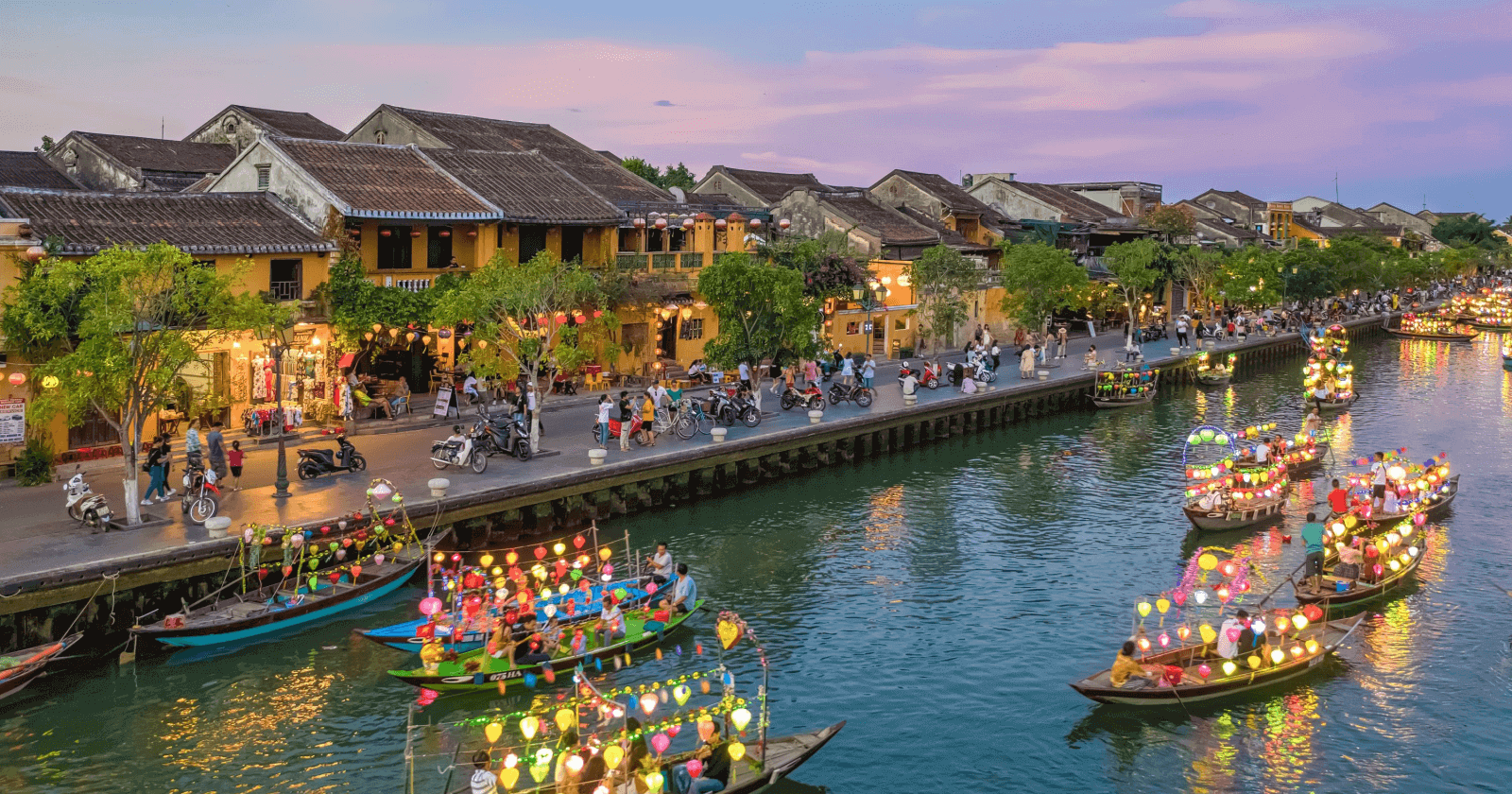
The cost of a Vietnam visa for Indian travelers can vary depending on several factors, such as the type of visa, the duration of the visa, the number of entries allowed, and the method of application. Understanding the breakdown of these visa prices can help you budget and plan your travel expenses accordingly.
Costs Associated with Different Visa Types
As mentioned earlier, the different visa types available for Indian citizens come with their own set of fees. Here’s a general breakdown of the visa prices:
- Tourist Visa: $25 to $50
- Business Visa: $50 to $100
- Transit Visa: $20 to $50
- E-Visa: $25 to $50
- Visa on Arrival: $25 to $50
It’s important to note that these prices are subject to change, and it’s always best to verify the current fees before applying for your visa.
Factors Influencing Visa Prices
The price of a Vietnam visa for Indian travelers can be influenced by several factors, including:
- Visa Type: As mentioned, the type of visa you’re applying for (tourist, business, transit, etc.) will determine the associated cost.
- Visa Duration: Longer-term visas, such as 3-month or 6-month multiple-entry visas, generally have higher fees compared to shorter-term visas.
- Number of Entries: Multiple-entry visas typically cost more than single-entry visas, as they provide greater flexibility for travel.
- Application Method: The method of application (e-visa, visa on arrival, or embassy/consulate) can also impact the visa fee.
- Processing Time: Expedited or rush processing options may incur additional charges.
- Service Fees: Some travel agencies or visa processing companies may charge additional service fees on top of the visa fees.
Payment Methods for Visa Fees
When applying for a Vietnam visa, Indian travelers can typically pay the visa fees using various payment methods, including:
- Credit/Debit Cards: Major credit and debit cards, such as Visa, Mastercard, and American Express, are commonly accepted for online visa applications and visa on arrival.
- Bank Transfers: Some visa application processes may require a direct bank transfer to the Vietnamese government’s designated bank account.
- Cash: For visa applications at the embassy or consulate, cash payment may be accepted.
It’s essential to confirm the accepted payment methods and ensure that you have the necessary funds available before initiating the visa application process.
How to Apply for a Vietnam Visa from India
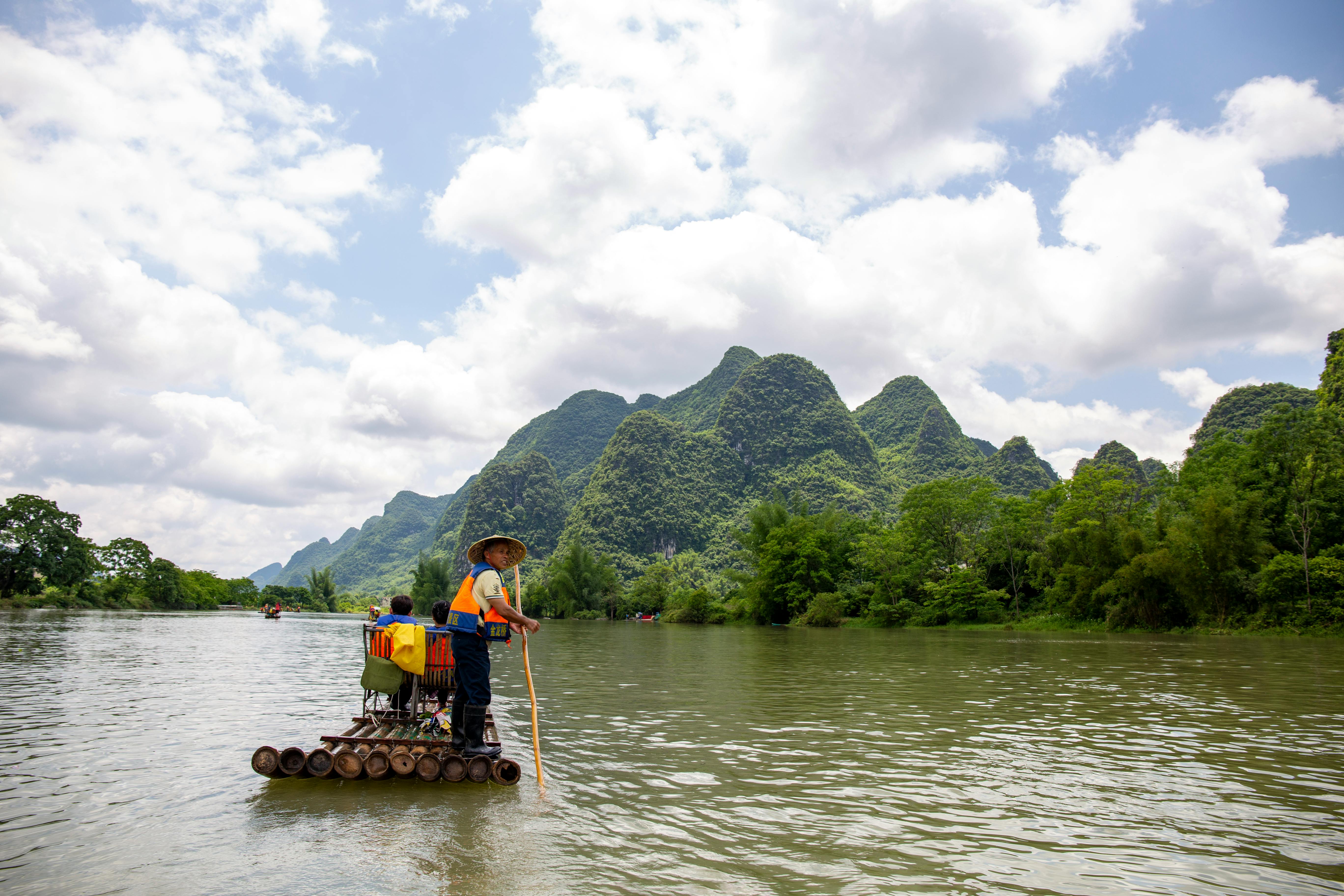
Applying for a Vietnam visa as an Indian citizen involves a straightforward process, but it’s crucial to follow the correct steps and gather the required documents to ensure a smooth and timely approval. Let’s explore the step-by-step application process for obtaining a Vietnam visa from India.
Step-by-Step Application Process
- Determine the Appropriate Visa Type: Start by deciding which visa type best suits your travel purpose, whether it’s a tourist visa, business visa, or transit visa.
- Gather the Required Documents: Depending on the visa type, you’ll need to gather the necessary documents, such as a valid passport, passport-sized photographs, proof of accommodation, and any relevant business or travel itinerary.
- Choose the Application Method: Decide whether you’ll apply for the visa through the e-visa platform, the visa on arrival process, or by submitting an application at the Vietnamese embassy or consulate in India.
- Complete the Application Form: Fill out the visa application form accurately and completely, ensuring that all the information provided is correct and consistent with your supporting documents.
- Submit the Application: If applying online, follow the instructions to submit your application and make the necessary visa fee payment. For embassy/consulate applications, schedule an appointment and visit the designated office to submit your application in person.
- Wait for Visa Processing: The processing time for a Vietnam visa can vary, so be prepared to wait patiently for the decision on your application.
- Receive and Verify the Visa: Once your visa is approved, review the details to ensure that all the information is correct, including the visa duration, number of entries, and any other relevant details.
Required Documents for Application
The specific documents required for a Vietnam visa application may vary depending on the visa type and the method of application. However, the common documents typically include:
- A valid passport with at least six months of remaining validity and blank pages for the visa stamp
- Passport-sized photographs, typically two to four copies
- A completed and signed visa application form
- Proof of accommodation, such as a hotel booking or a letter of invitation from a host in Vietnam
- For business visas, additional documents may include a letter of invitation from a Vietnamese company or a business itinerary
It’s essential to double-check the required documents and ensure that you have all the necessary materials before submitting your visa application.
Online vs. Offline Applications
Indian travelers have the option to apply for a Vietnam visa either online or through the traditional offline method at the Vietnamese embassy or consulate.
The online application, known as the e-visa, is a convenient and streamlined process that allows you to apply and obtain your visa electronically. This method is suitable for those seeking a tourist or business visa with a validity of up to 30 days.
The offline application, on the other hand, involves submitting your visa application in person at the Vietnamese embassy or consulate in India. This method is preferred for those seeking longer-term visas, multiple-entry visas, or visas that are not available through the e-visa platform.
Both application methods have their own advantages and disadvantages in terms of processing time, convenience, and associated costs. It’s essential to carefully evaluate your travel requirements and choose the most suitable option for your specific needs.
Processing Time for Vietnam Visa

The processing time for a Vietnam visa can vary depending on the type of visa, the method of application, and the current workload of the visa authorities. Understanding the standard processing times and the available expedited options can help you plan your travel arrangements accordingly.
Standard Processing Times
The standard processing time for a Vietnam visa can range from a few business days to several weeks, depending on the visa type and the application method.
- E-visa: The e-visa application is typically processed within 3 to 5 business days.
- Visa on Arrival: The visa on arrival process can take 2 to 3 business days for the pre-approval letter to be issued.
- Embassy/Consulate Applications: Visa applications submitted at the Vietnamese embassy or consulate in India can take 5 to 15 business days to be processed.
It’s important to note that these processing times are approximate and can be subject to change, especially during peak travel seasons or in the event of unforeseen circumstances.
Expedited Processing Options
For those in urgent need of a Vietnam visa, some application methods offer expedited processing options for an additional fee.
- E-visa: Some e-visa providers may offer rush processing, which can reduce the turnaround time to 1 to 3 business days.
- Visa on Arrival: The visa on arrival process can be expedited by paying an additional fee, reducing the processing time to 1 to 2 business days.
- Embassy/Consulate Applications: The Vietnamese embassy or consulate may offer a premium service for a higher fee, which can shorten the processing time to 2 to 5 business days.
It’s important to note that the availability and cost of expedited processing options may vary, so it’s always best to check with the specific visa provider or the Vietnamese embassy/consulate for the most up-to-date information.
Tips for Timely Visa Approval
To ensure a smooth and timely visa approval process, consider the following tips:
- Apply well in advance: Start the visa application process as early as possible, ideally 4 to 6 weeks before your intended travel date.
- Provide complete and accurate information: Double-check your application form and supporting documents to ensure that all the details are correct and consistent.
- Comply with visa requirements: Carefully review the specific visa requirements for your travel purpose and ensure that you meet all the necessary criteria.
- Consider expedited processing: If you have a tight travel schedule, explore the available expedited processing options and be prepared to pay the additional fees.
- Stay informed: Keep track of any changes in visa regulations or processing times by regularly checking official Vietnamese government sources or reputable travel agencies.
By following these tips, you can increase the chances of a timely visa approval and minimize the risk of delays or complications during your travel planning.
Notes
When applying for a Vietnam visa as an Indian citizen, there are a few additional considerations and factors to keep in mind.
Currency Exchange Considerations
When paying the visa fees, it’s important to be aware of the currency exchange rates between the Indian rupee and the US dollar (the primary currency used for Vietnam visa payments). Fluctuations in the exchange rate can impact the final cost of the visa, so it’s advisable to check the current exchange rates and plan your budget accordingly.
Additional Fees and Charges
In addition to the base visa fee, there may be other charges or fees that you need to be aware of, such as:
- Service fees: Some visa application services or travel agencies may charge an additional service fee for their assistance.
- Visa extension fees: If you need to extend your visa while in Vietnam, there will be an additional fee for the extension process.
- Penalty fees: Failing to comply with visa regulations or overstaying your visa validity may result in penalty fees upon departure.
It’s essential to research and understand all the potential fees and charges associated with the visa application and your stay in Vietnam to avoid any unexpected expenses.
Mistakes to Avoid When Applying for a Vietnam Visa
To ensure a smooth and successful visa application process, it’s crucial to be aware of the common mistakes that Indian travelers often make. Avoiding these pitfalls can help you prevent delays, denials, or any other complications during your Vietnam visa application.
Common Errors in Application Forms
Carefully filling out the visa application form is one of the critical steps in the process. Ensure that all the information you provide is accurate, complete, and consistent with your supporting documents. Common errors include:
- Incorrect or incomplete personal information
- Mismatching details between the application form and passport
- Failure to provide required supporting documents
- Incorrect visa type selection
Misunderstanding Visa Duration
Understanding the validity period and duration of your Vietnam visa is essential. Applying for the wrong visa type or duration can lead to problems, such as:
- Applying for a visa with an insufficient validity period for your travel plans
- Overstaying the visa validity, resulting in penalties and potential legal issues
Ignoring Entry Requirements
Familiarizing yourself with the entry requirements for Vietnam is crucial to ensure a seamless arrival. Common oversights include:
- Failing to check the passport validity and blank page requirements
- Neglecting to obtain the necessary supporting documents, such as travel itinerary or accommodation bookings
- Not having proof of sufficient funds for the duration of your stay
- Forgetting to obtain any required vaccinations or health certificates
By being mindful of these common mistakes and taking proactive steps to avoid them, you can increase the likelihood of a successful visa application and a smooth travel experience to Vietnam.
Traveling to Vietnam: What to Expect
Before embarking on your journey to Vietnam, it’s essential to familiarize yourself with the local customs, cultural norms, and practical travel tips to ensure a memorable and enjoyable experience.
Cultural Etiquette and Customs
Vietnamese culture is rich in traditions and customs that may differ from those in India. Some key points to keep in mind include:
- Greeting etiquette: A handshake or a slight bow is common when meeting someone for the first time.
- Dress code: Modest attire is appreciated, especially when visiting religious sites or rural areas.
- Dining customs: It’s customary to wait for the host to begin eating before you start your meal.
- Language: Learning a few basic Vietnamese phrases can go a long way in showing respect to the locals.
By respecting and embracing the local customs, you can enhance your cultural experience and build positive connections with the Vietnamese people.
Important Travel Tips for Indian Tourists
To make the most of your trip to Vietnam, consider the following practical travel tips:
- Currency exchange: It’s advisable to exchange currency at official banks or exchange counters to get the best rates.
- Transportation: Utilize a mix of transportation options, such as taxis, cyclos, and motorbikes, to navigate the cities efficiently.
- Street food: Don’t miss out on trying the delicious street food offerings but ensure they are from reputable vendors to avoid stomach issues.
- Weather considerations: Vietnam has diverse climates, so pack accordingly based on the regions you plan to visit.
- Safety precautions: Stay vigilant against petty theft and scams, particularly in crowded tourist areas.
By staying informed and prepared, you can have a safe and enjoyable travel experience in Vietnam.
Frequently Asked Questions
As you plan your trip to Vietnam and navigate the visa application process, you may encounter some common questions. Here are answers to a few frequently asked queries:
What is the validity period of a Vietnamese visa?
The validity of a Vietnamese visa can vary depending on the type of visa issued. Typically, tourist visas are valid for 30 days, while business visas can have longer validity periods.
Can I extend my visa while in Vietnam?
Yes, it is possible to extend your visa while in Vietnam. You can request a visa extension through the Vietnam Immigration Department or seek assistance from local travel agencies.
What should I do if my visa application is denied?
If your visa application is denied, you can reapply with corrected information or seek clarification on the reason for the rejection. Alternatively, you may explore other visa options or consult with immigration authorities for guidance.
Are there any special considerations for minors traveling to Vietnam?
Minors traveling to Vietnam may require additional documentation, such as a consent letter from parents or guardians, birth certificates, and proof of relationship. It’s advisable to check with the Vietnamese embassy or consulate for specific requirements.
Conclusion
In conclusion, understanding the Vietnam visa pricing for Indian travelers is essential for a seamless travel experience to this captivating Southeast Asian destination. By familiarizing yourself with the different visa types, associated costs, application processes, and potential pitfalls to avoid, you can plan ahead effectively and increase the chances of a successful visa approval.
Remember to factor in currency exchange considerations, additional fees, and processing times when budgeting for your Vietnam trip. By adhering to the tips provided, respecting local customs, and staying informed about travel requirements, you can look forward to an enriching and hassle-free journey to Vietnam. Start your visa application early, gather all necessary documents, and embrace the adventure that awaits in this vibrant and culturally diverse country. Safe travels!
Traveling on Vietnamese holiday, what will you explore?

Leave a Reply